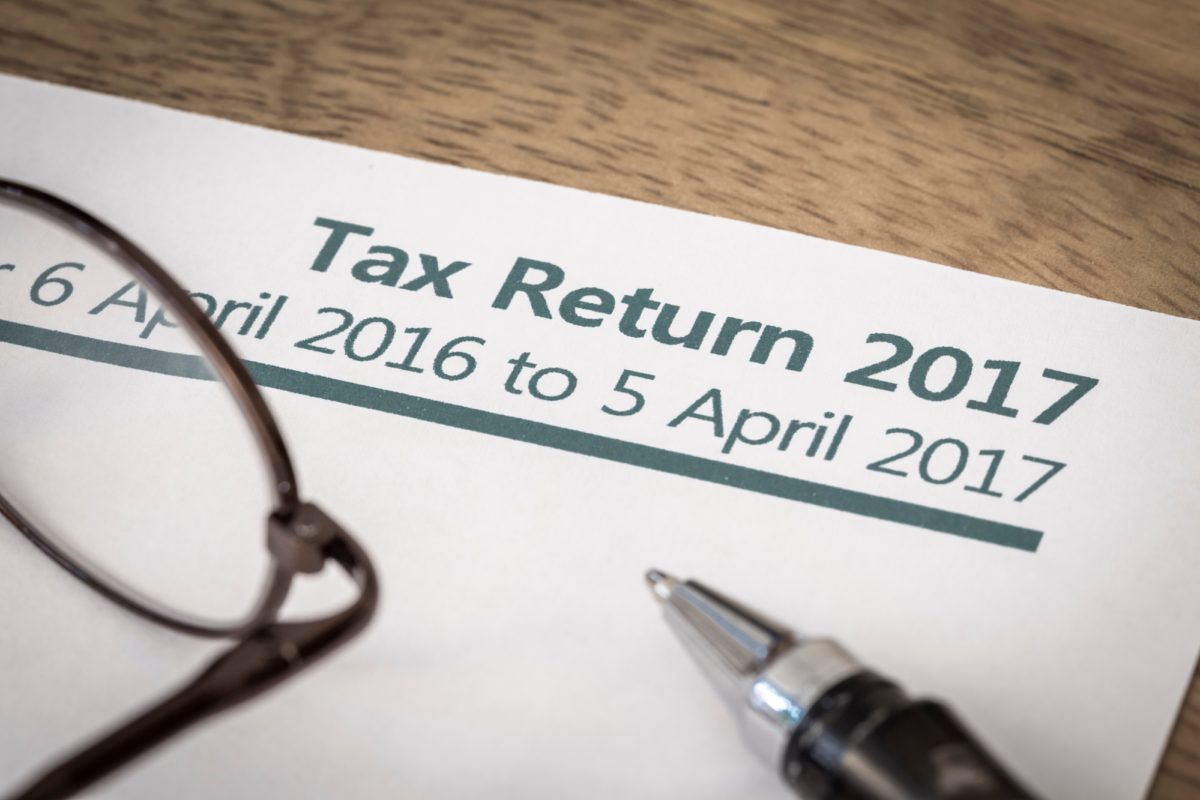According to the Internal Revenue Service (IRS) the tax season will begin Monday, January 29, 2018 and informed taxpayers claiming some tax credits that reimbursements will not be possible before late February.
They will start accepting tax returns on January 29, with approximately 155 million individual tax returns likely to be filed in 2018. The tax deadline will be April 17, 2018 so taxpayers will have two more days to file after April 15, 2018.
Many tax professionals and software companies can accept tax returns before January 29, 2018 and then submit the returns when IRS systems open. Though they accept both electronic and paper tax returns January 29, 2018, paper returns can be processed later in mid of February as system updates continue. The IRS firmly encourages individuals to file their tax returns electronically for faster refunds.
They have set the January 29, 2018 as an opening date to safeguard the security and readiness of key tax processing systems in advance of the opening and to measure the potential impact of tax legislation on 2017 tax returns.
According to law, the IRS is not allowed to issue refunds claiming the Earned Income Tax Credit (EITC) and the Additional Child Tax Credit (ACTC) before mid-February. While the IRS can process the returns when received, it may not issue associated refunds before mid-February. They believe the earliest ACTC/EITC associated refunds to be available in taxpayer bank accounts or on debit cards started on February 27, 2018, if they can choose direct deposit and there is not any concern with the tax returns.
Taxpayers must keep copies of last year’s tax returns for at least 3 years. Those who are utilizing a tax software product for the first time will certainly need their adjusted gross income from their 2016 tax return to file electronically. Taxpayers who are utilizing the same tax software they used last year do not need to enter last year’s data to electronically sign their 2017 tax return. Utilizing an electronic filing PIN is not an option anymore.
Telephone Number: (310) 498-7508
[email protected]

